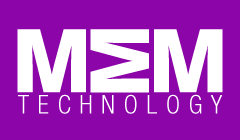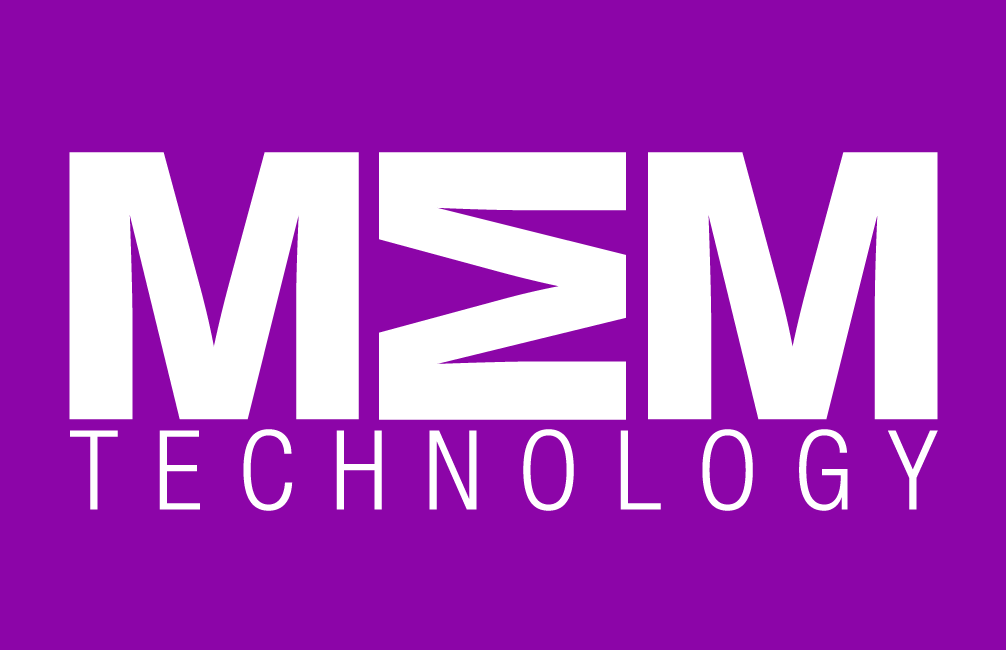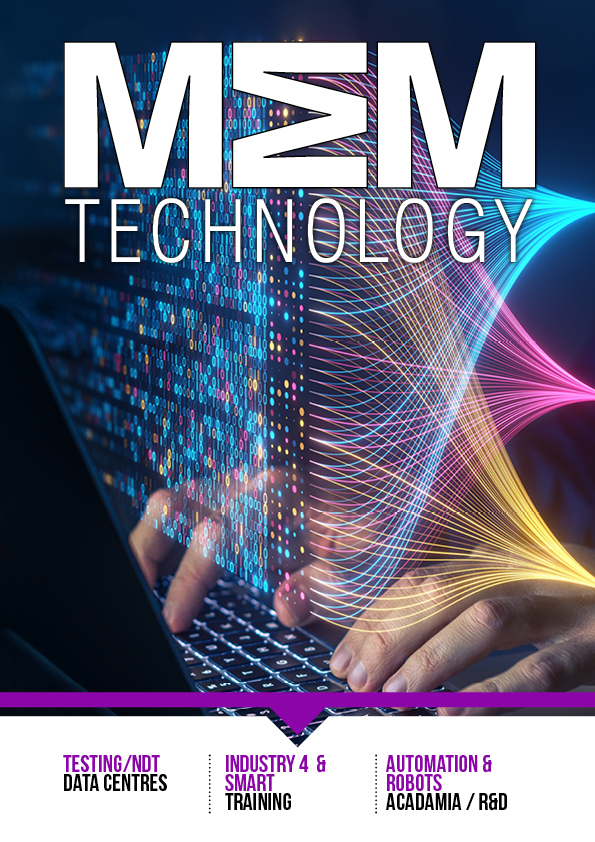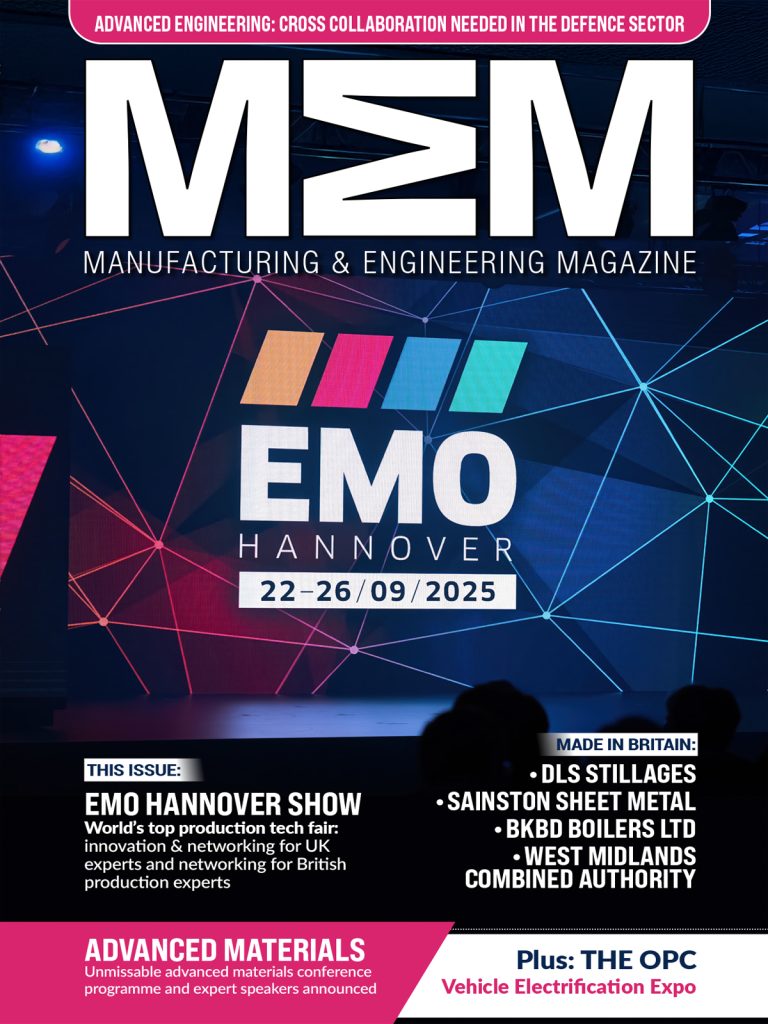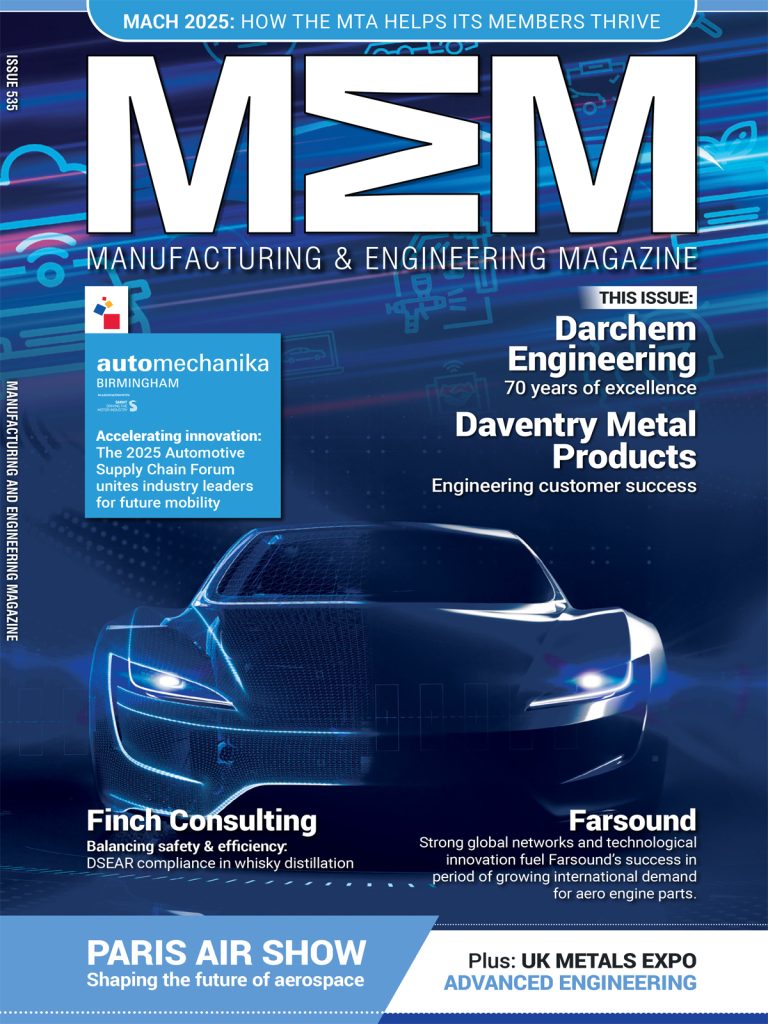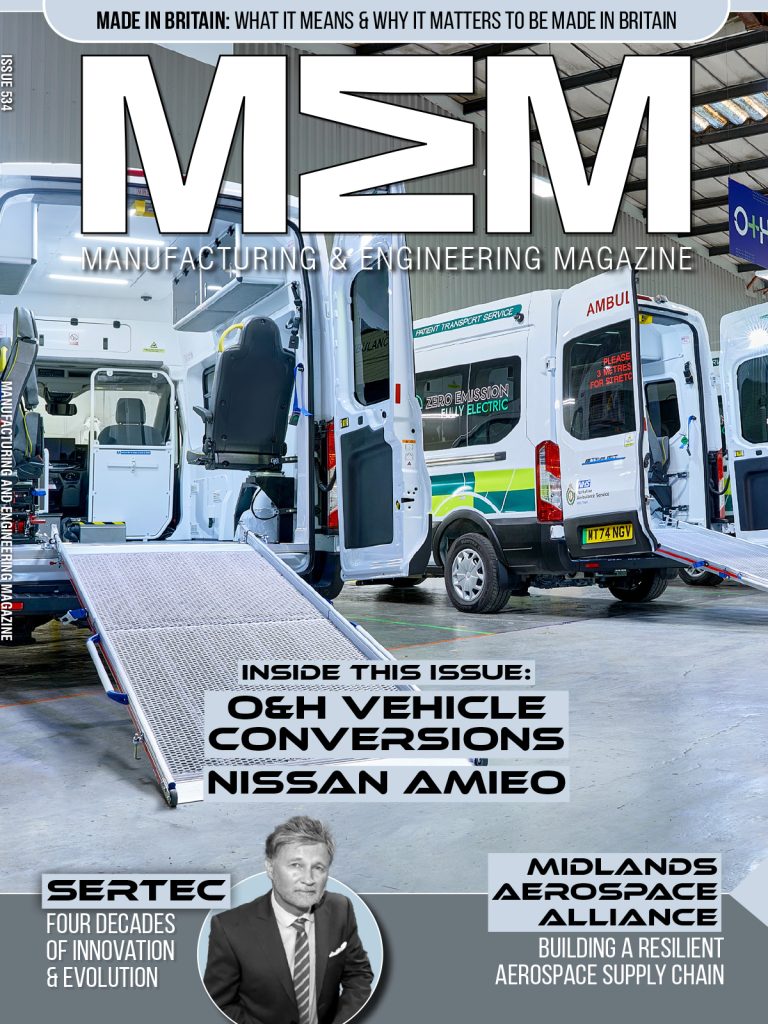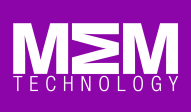With the UK’s target to achieve Net Zero by 2050, manufacturers have an important role to play in reducing their environmental impact to contribute to this milestone.
The environment, social and governance (ESG) agenda is transforming how organisations think about their performance. Customers and consumers are demanding products and services that are environmentally and ethically sound and investors are looking beyond the bottom line to responsible practices. In this fast-changing world, demands on business are many and varied but one thing is constant – the need to demonstrate transparency, action and progress.
A management systems approach
Certification to ISO 14001, the international environmental management system standard, helps organisations continually improve environmental performance through better use of resources, waste reduction and proactive activities to protect the environment.
The ISO 14001 standard asks organisations to consider the elements of their activities, products or services that can interact with the environment and cause an environmental impact, be that negative or positive. Identifying and evaluating those environmental aspects is the cornerstone of a successful Environmental Management System (EMS).
Having your systems and processes certified against global standards, gives you and your stakeholders the confidence that best practices are being implemented that maximise every opportunity to improve performance. Whether reporting energy and water usage, measuring waste reduction, or managing your product lifecycle, independent assurance from an accredited body, like LRQA, can support your work towards any and every environmental goal.
Integration with existing systems
For manufacturers, accredited certification to the quality management system standard, ISO 9001, is often seen a license to tender. Once the first management system has been implemented, many businesses find that there are benefits in developing an integrated management system that incorporates more ISO standards.
An integrated management system is designed to manage multiple aspects of a business’ operations such as quality, environmental, health & safety, and information security, which can help you to manage your organisation’s risk profile more effectively; link strategic objectives with operations and drive engagement with stakeholders.
With ISO standards now sharing a common structure, core text, and agreed terms and definitions, the time and effort needed to bring in additional standards, such as ISO 14001 (environmental management), ISO 45001 (occupational health & safety) or ISO 27001 (information security) is significantly lower than in the past.

Unlock ISO 14001 with expert guidance and resources
If your organisation is thinking about ISO 14001 certification this year, LRQA’s Toolkit could be a great starting point.
You will get access to a carefully curated toolkit that will show you how an ISO 14001 environmental management system can help you identify and manage environmental aspects and impacts and build a culture of engagement and continual improvement in your organisation.
The LRQA Toolkit includes:
- Guides on the standard and certification process
- A requirements checklist
- And information on the support available.
To find out more and download the toolkit, click here.
____
Manufacturing & Engineering Magazine | The Home of Manufacturing Industry News
